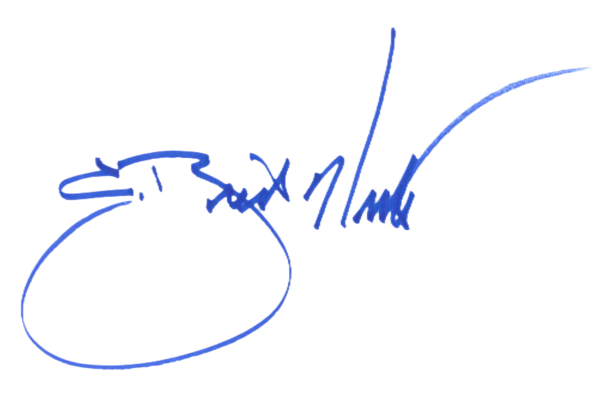Determining who is legally and financially at fault for a crash is often a difficult process. However, in certain situations, it can be obvious that fault for a crash falls to one person in particular. Drunk driving or operating a vehicle under the influence of drugs is a clear example of a person doing something they know is both dangerous and illegal before getting behind the wheel.
In a situation where one driver is drunk at the time of a crash, it is likely that police officers, insurance companies and even the courts will assign full fault for the resulting collision to the person under the influence at the time of the crash.
Knowing some warning signs of impairment and help you advocate for yourself at the scene of a crash so that you don’t wind up partially responsible for someone else’s drunk driving.
Does the other driver clearly look drunk?
Signs of intoxication are often obvious. They can include slurred speech, a lack of balance and cognitive impairment. If you notice the other driver staggering, slurring their words together or otherwise acting impaired, you may want to document that behavior by recording it with your cellphone.
You should also advise police of what you witnessed when they arrived at the scene. It is possible that the behavior you ascribe to intoxication could be the result of a brain injury, which means that speaking up might save that person’s life if it convinces them to seek medical care.
Is the other driver trying to hide or dispose of anything?
A big red flag for intoxication at the wheel is a driver who wants to dump out a beverage or throw something in the trash before the police arrive. Those actions might constitute an attempt to get rid of evidence, such as a mixed drink hidden in their coffee cup or the tiny single-serving bottles of liquor that they were drinking while driving.
You may also want to consider anyone who applies eye drops, uses mouthwash or otherwise tries to change their appearance or scent before law enforcement arrives at the scene.
Speak up so that officers can gather evidence
You might suspect the other person of drunk driving, but if the officer takes an hour to arrive, the other driver may have enough time to sober up enough to seem as though they weren’t under the influence. Never assume that an officer will reach the same conclusion you do.
You want to provide them with information, ranging from a description of behavior to video footage of certain actions or information about where the other driver disposed of items. Making sure that the officers get all of the information at the scene of the crash increases the likelihood of them assigning fault to the right party. When that occurs, it may be easier for you to get compensation for injuries and other losses if you need it.


